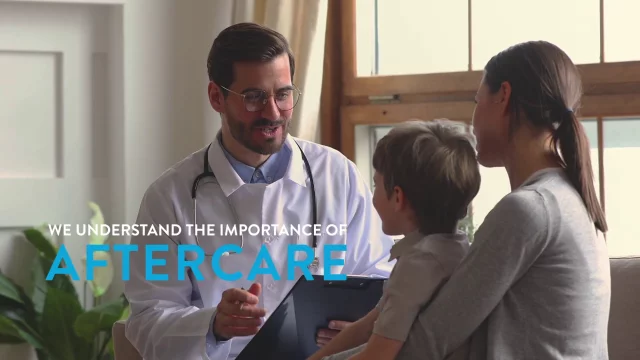Global point of care
Update on community acquired pneumonia (CAP) diagnosis and the impact on patient outcomes



Summary
Community-acquired pneumonia (CAP) is one of the most common infectious diseases and an important cause of morbidity and mortality worldwide. CAP can be caused by a variety of different bacteria, viruses, and fungi. However, the etiologic agent is often not isolated or is identified late during treatment, and broad-spectrum antibiotics are often prescribed early and empirically to reduce mortality. Inappropriate antibiotic use can cause antimicrobial resistance and C. difficile infections, so correct pathogen identification can allow for targeted treatment and antibiotic de-escalation.
Traditional methods of testing for CAP include culture and Gram staining of lower respiratory secretions, but these test methods can be time-consuming and labour-intensive and can also present challenges with appropriate sample collection. The use of urinary antigen testing (UAT) for two important CAP pathogens (Streptococcus pneumoniae and Legionella pneumophila) offers a convenient and rapid method of detecting these infections and has been associated with reduced mortality and improved antibiotic stewardship in large clinical trials.
Learning Objectives
- Describe the relationship between viral infections such as influenza, RSV and pneumonia and the associated public health risks
- Examine experiences and best practices for evaluating and managing patients with pneumonia
- Explain the guidance and practical clinical value of urinary antigen testing (UAT), including mortality reduction and antibiotic stewardship
- Discuss UAT performance characteristics and potential value related to laboratory workflow in times of strained respiratory testing resources
Presenter Biography
Antonio Anzueto, MD
Professor of Medicine
University of Texas Health San Antonio
Section Chief, Pulmonary
South Texas Veterans Health Care System
San Antonio, TX
Who Should Watch
Physicians, ED Physicians, Lab Supervisors, Lab directors (and/or assistant directors), Lab managers (supervisory and/or non-supervisory), Medical technologists, Point-of-care coordinators, In-training individuals, Other laboratory professionals overseeing/conducting within this topic




